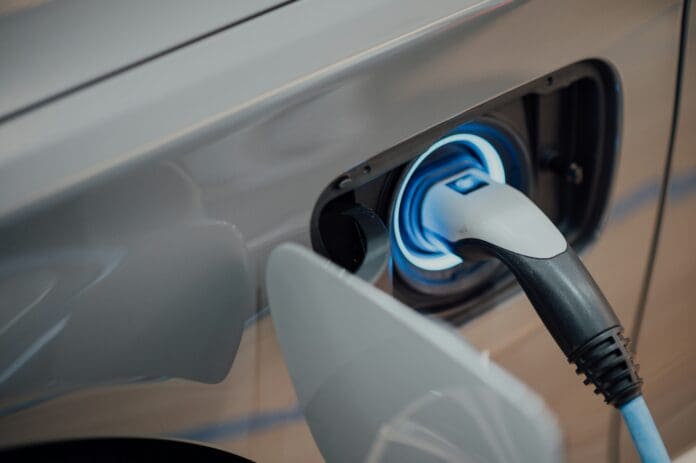This post is also available in:
 עברית (Hebrew)
עברית (Hebrew)
A major development in battery safety standards is emerging from China, as the country prepares to enforce its new GB 38031-2025 regulation, a mandatory benchmark that requires electric vehicle (EV) batteries to remain safe even under extreme thermal conditions. The regulation, which takes effect on July 1, 2026, mandates that power batteries must not catch fire or explode during thermal runaway incidents, setting a global precedent in safety expectations for energy storage systems.
In a significant industry milestone, China’s largest battery manufacturer, Contemporary Amperex Technology Co. Limited (CATL), has become the first to fully meet the updated standard. The company’s latest Qilin battery passed the rigorous tests required by the new rules, which assess everything from structural resilience to performance after repeated fast charging.
The upgraded GB 38031-2025 standard introduces far more stringent safety requirements compared to its predecessor. Key among these is the enhanced thermal diffusion test: batteries must now remain fire-free, explosion-proof, and emit only non-hazardous smoke during failure events, according to Interesting Engineering. In previous versions, systems only had to issue early warnings prior to dangerous thermal outcomes.
To qualify, batteries must now endure impact from below, withstand at least 300 fast-charge cycles, and then pass short-circuit tests—each designed to simulate high-stress, real-world scenarios. CATL’s Qilin battery, launched in 2022, was submitted for evaluation. The Qilin boasts an energy density of up to 255 Wh/kg and a high volume utilization rate of 72%. Its design includes enhanced thermal protection and a more stable structure to mitigate the risks of runaway heating.
The certification was granted by the China Automotive Technology and Research Center (CATARC), an independent and nationally recognized body responsible for automotive testing and safety assessments.
With over 18 million vehicles globally running on CATL battery systems, including those from brands like Zeekr and Xiaomi, the company’s early compliance signals a strong industry shift toward prioritizing advanced battery safety, which is critical as EV adoption scales and consumer demand for reliable, fire-safe energy storage grows.


























